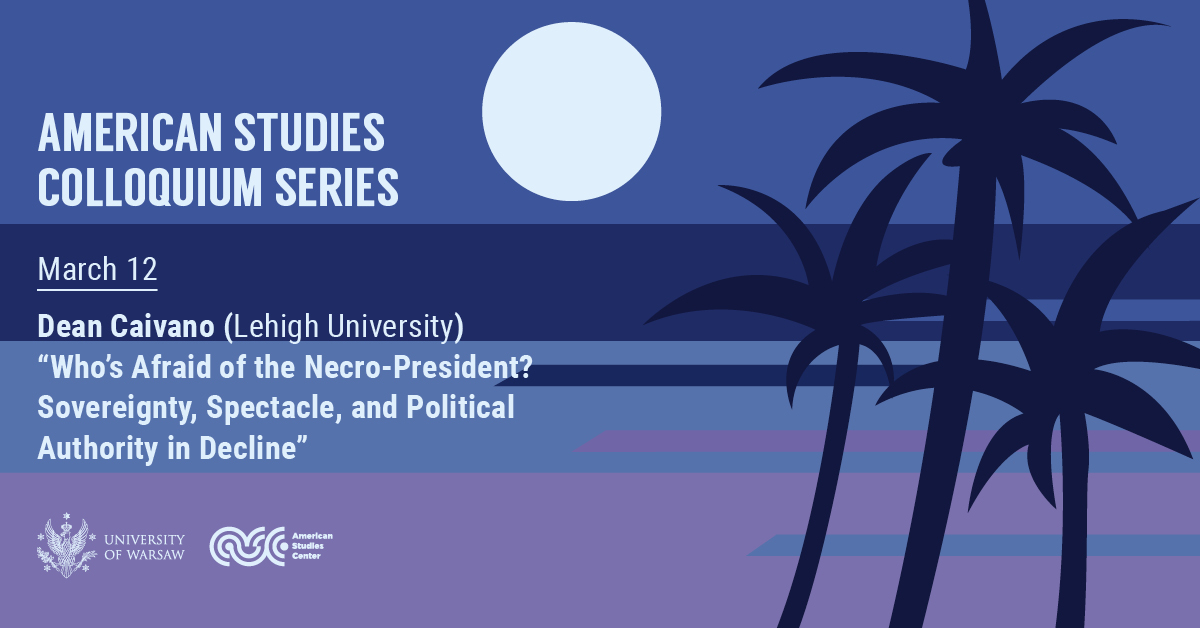We are pleased to invite you to a “MEATing” with the author of “A Certain Hunger,” Chelsea G. Summers, at the ASC!
Friday, May 24, 2024
4 PM
Hosted by students participating in the Food Matters course, the MEATing will be an opportunity to discuss a work of entertaining if gory fiction described by a NYT reviewer as “One of the most uniquely fun and campily gory books in my recent memory.” If you enjoy a problematic protagonist, a satire on foodie culture, and detailed accounts of procuring and cooking human meat, then this is a session for you!
You can get 3 OZN points for participating in this event.

Where?
American Studies Center
Dobra 55, room 2.118
(The building features some mobility accommodations: ramp and lift)
What?
“A Certain Hunger” has the voice of a hard-boiled detective novel as if metaphor-happy Raymond Chandler handed the reins over to the sexed-up femme fatale and really let her fly.”
– The New York Times
“A Certain Hunger” explores desire, power dynamics, and obsession through the story of Dorothy Daniels, who moves through the culinary world of New York City with brilliant humor and an unabashed pursuit of pleasure. It delves into themes of sexuality, agency, and the complexities of human relationships, while offering an exceptionally entertaining narrative. With a blend of dark humor and vivid imagery, Summers invites readers to contemplate the nature of hunger—whether it be for physical pleasure, intellectual stimulation, or emotional fulfillment.
Who?
Chelsea G. Summers is a freelance writer, cultural critic, and sex worker advocate known for her insightful commentary on sex, gender, and society. She has written extensively on topics such as sexuality, feminism, literature, and politics, often through a provocative lens. She is a former academic and professor with Ph.D. training in eighteenth-century British literature. She was a columnist for the now-defunct ADULT magazine, and her work has appeared in VICE, Fusion, Hazlitt, The New Republic, Racked, and The Guardian.




